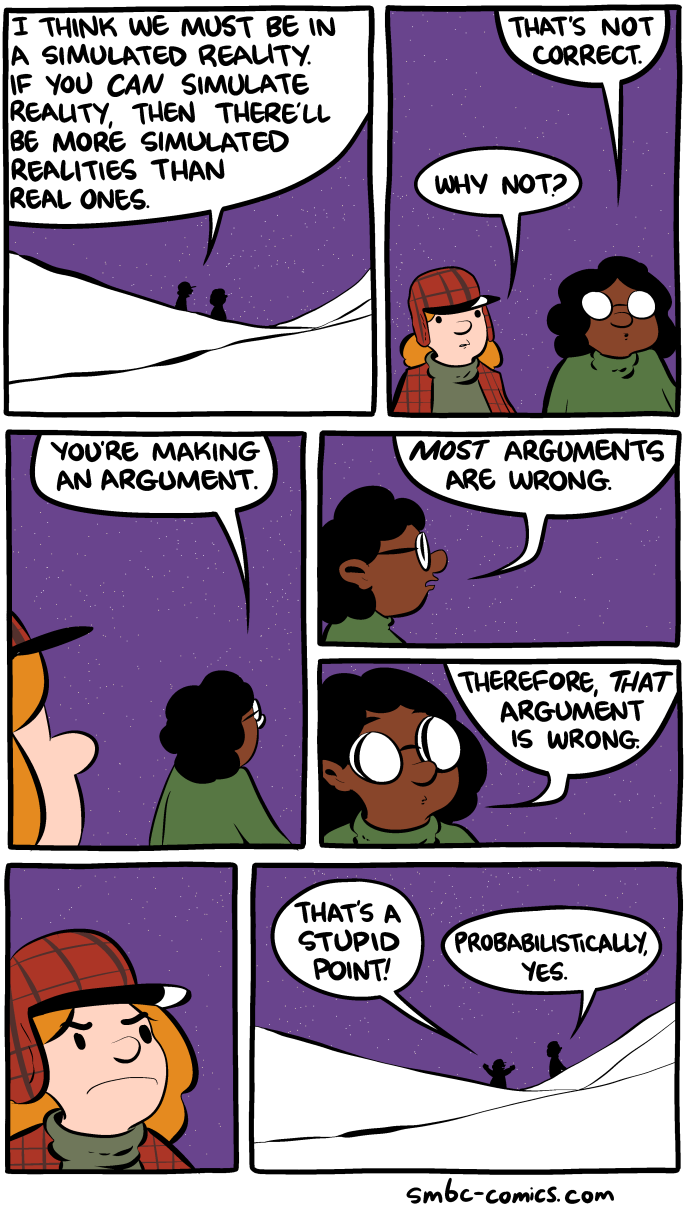This is another way of testing the holographic theory of the universe - which is itself an extension of the model that black holes' entropy can be measured entirely from their event horizons. Of course, the model could be wrong or the instrument might not be detecting it, but even from a primitive Bayesian standpoint this moves us away from quantized spacetime, a holographic universe, and our expectations of what we might find if we are in a simulation. The two problems with simulation arguments remain: in general what we mean by "simulation" is very poorly defined and not agreed upon, and there is the PEP (pointless epistemological problem) of saying that the simulators could always make us forget the results, or change that parameter somehow when we try to measure it. In which case, the simulation argument is about the most untestable thing there is, and if we can't ever in principle know, why are we bothering to discuss it? (By the way, the "simulators could change it" argument assumes we know something of the simulators' nature and that it/they are trying to deceive us.) (Below from SMBC of course.)

No comments:
Post a Comment